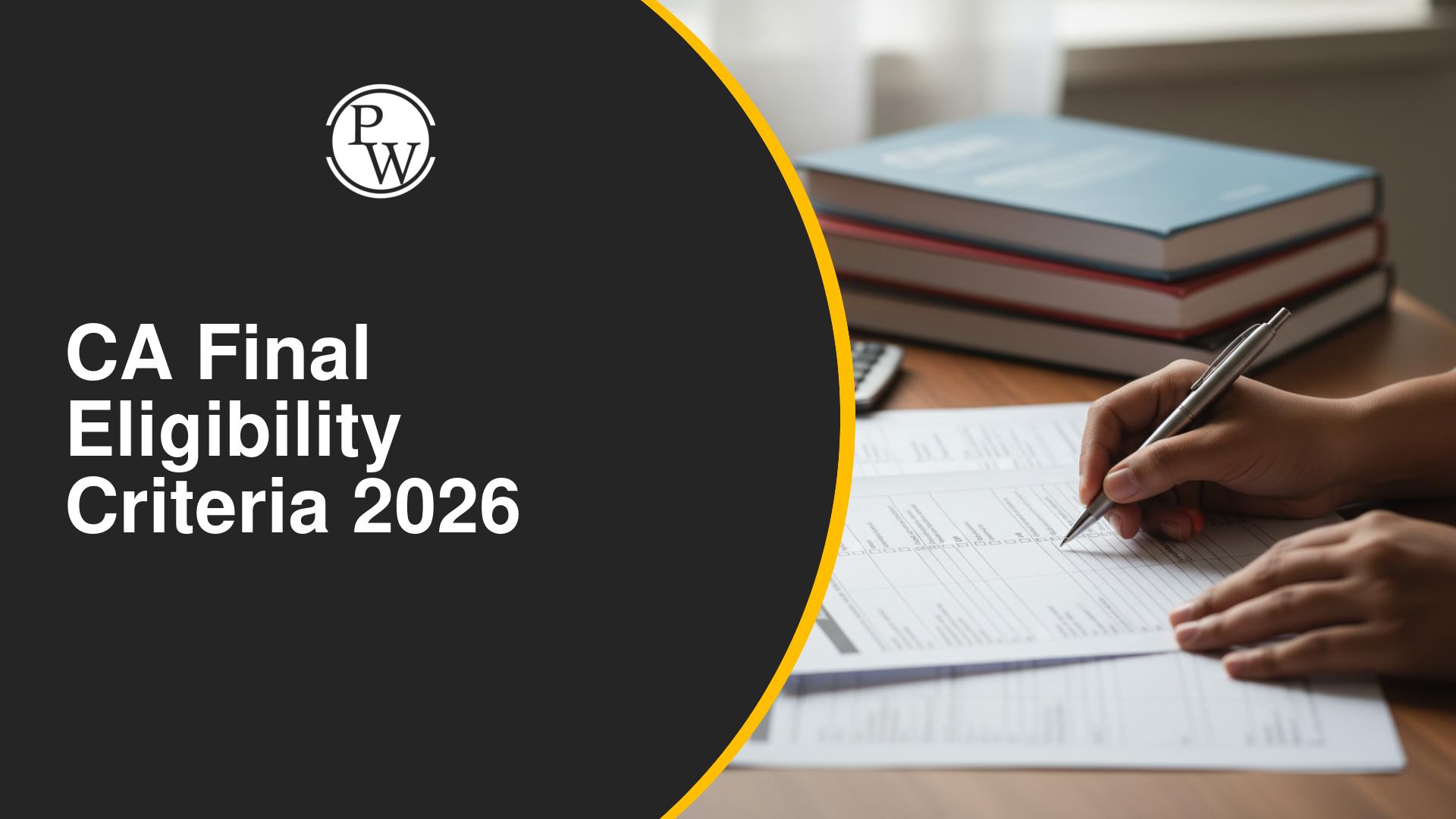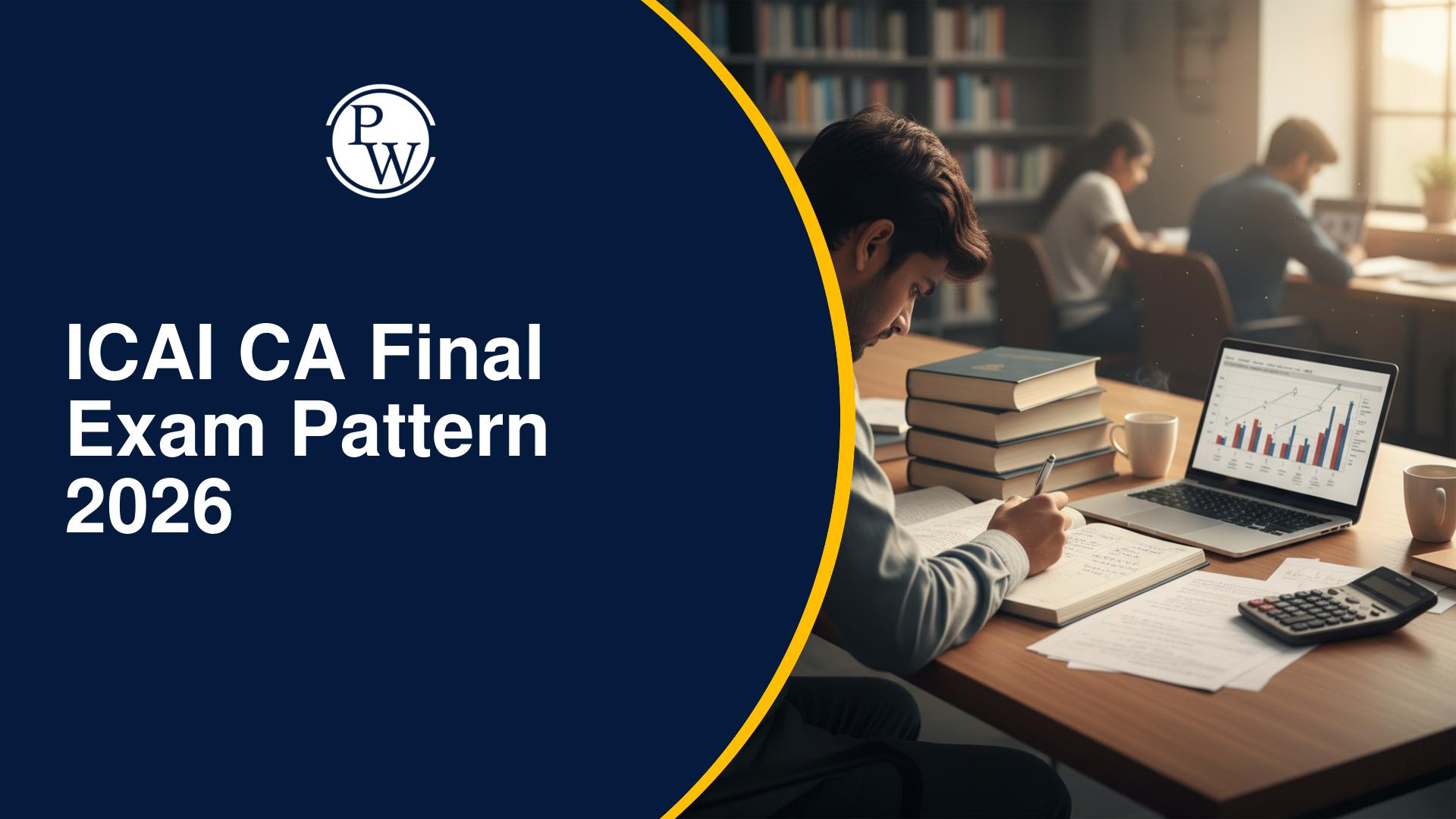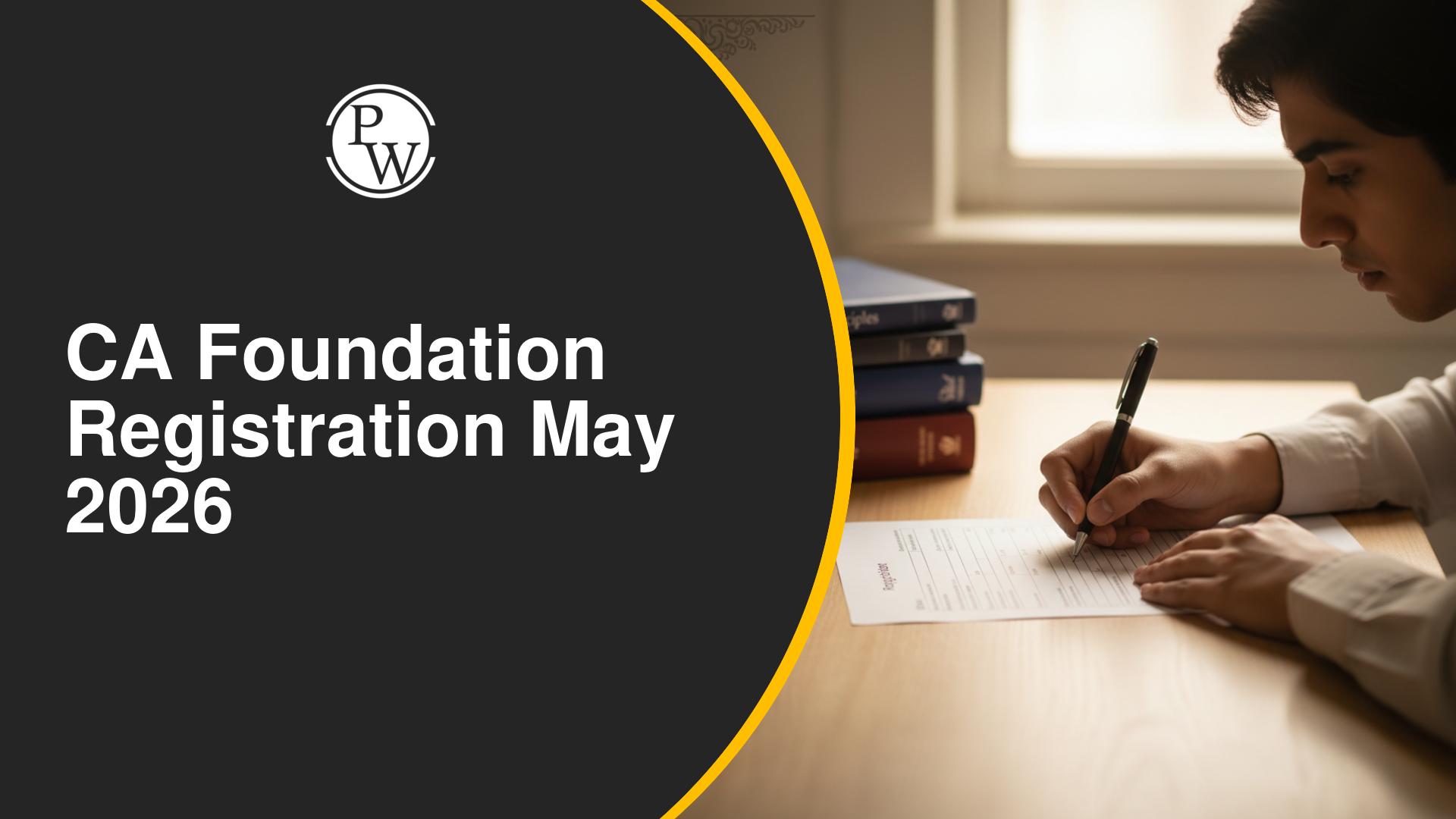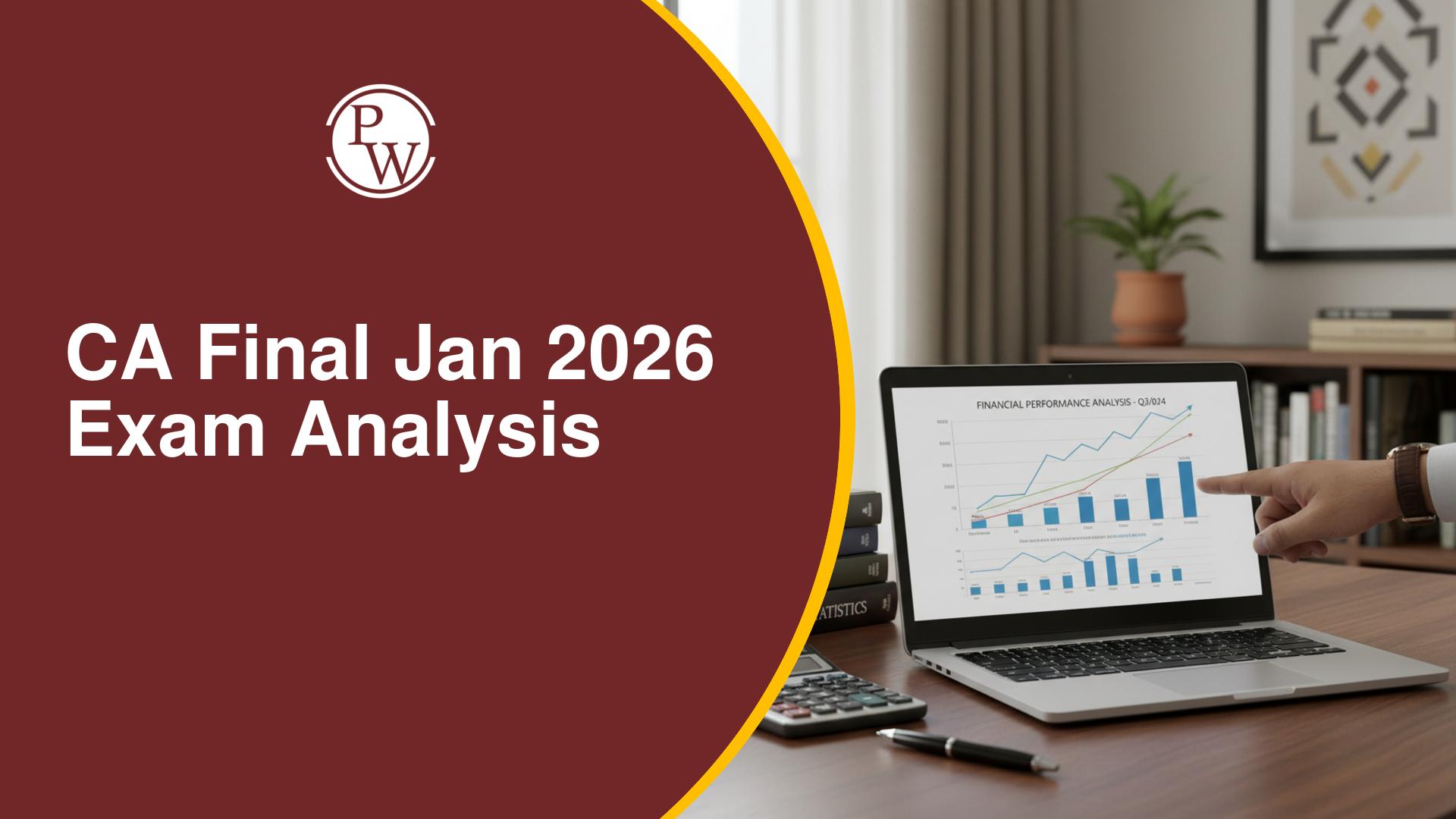
The Taxation of E-Commerce has become a pivotal topic in the world of commerce, especially for aspiring Chartered Accountants (CA) students. Understanding the nuances of how e-commerce businesses are taxed can be quite challenging, yet it’s crucial for those looking to excel in the field. This article delves into the complexities of e-commerce taxation, offering insights that will help you excel in CA Exams .
What is Taxation of E-Commerce?
Taxation of e-commerce refers to the application of tax laws to transactions conducted online. This includes sales tax, value-added tax (VAT), and income tax on revenue generated from e-commerce activities. Governments worldwide have developed specific regulations to ensure that online businesses contribute their fair share of taxes, just like traditional brick-and-mortar stores.Tax Types in E-Commerce
The following are the tax types in E-Commerce:Sales Tax
Sales tax is a consumption tax imposed on the sale of goods and services. In the context of e-commerce, businesses must collect and remit sales tax based on the buyer's location. This has introduced complexities, as tax rates and regulations vary widely across different jurisdictions.Value-Added Tax (VAT)
VAT is a multi-stage tax applied to the value added at each stage of production and distribution. For e-commerce businesses, VAT compliance involves registering for VAT in different countries, calculating the correct tax amounts, and filing periodic returns. The taxation of e-commerce requires a deep understanding of international VAT rules and regulations.Income Tax
Income tax applies to the profits earned by e-commerce businesses. These businesses must accurately report their income, deduct allowable expenses, and pay taxes on their net profits. The taxation of e-commerce includes navigating complex rules regarding cross-border transactions and transfer pricing.Also Check: Accounting for Investments
Challenges in E-Commerce Taxation
The taxation of e-commerce presents unique challenges due to the global nature of online transactions and the rapid evolution of digital goods and services. Understanding these challenges is crucial for CA students aiming to specialize in this dynamic field.Cross-Border Transactions
E-commerce transcends borders, making it challenging to determine the correct tax jurisdiction. Businesses must navigate various tax treaties and agreements to avoid double taxation and ensure compliance with international tax laws.Digital Goods and Services
The intangible nature of digital goods and services adds another layer of complexity to the taxation of e-commerce. Determining the tax treatment of software, digital downloads, and online subscriptions requires specialized knowledge.Compliance and Reporting
E-commerce businesses face stringent compliance and reporting requirements. They must maintain accurate records, submit timely tax returns, and stay updated on changes in tax laws. Non-compliance can result in significant penalties and legal issues.Strategies for Effective E-Commerce Taxation
Implementing effective strategies for the taxation of e-commerce can help businesses navigate the complexities of tax compliance and minimize risks. These strategies are essential for CA students to master, ensuring they are well-prepared to advise clients and manage e-commerce taxation effectively.Leveraging Technology
Technology plays a crucial role in simplifying e-commerce taxation. Automated tax software can help businesses calculate tax liabilities, generate reports, and file returns accurately. Leveraging technology ensures compliance and minimizes the risk of errors.Seeking Professional Guidance
Given the complexities of e-commerce taxation, seeking professional guidance is essential. Tax advisors and CA coaches can provide valuable insights and help businesses navigate the intricacies of tax laws. For CA students, enrolling in specialized coaching programs like PW CA Course can be instrumental in mastering the subject.Staying Informed
Tax laws are constantly evolving, and staying informed is key to effective e-commerce taxation. Businesses must monitor changes in regulations, attend training sessions, and participate in industry forums to stay ahead of the curve. Understanding the taxation of e-commerce is vital for CA students and professionals. The digital marketplace presents unique challenges, but with the right knowledge and strategies, businesses can achieve compliance and thrive. For those preparing for the CA exam, resources like PW CA Coaching offer comprehensive support and guidance, helping you build a successful career in this dynamic field.| Also Check | |
| Inventory Valuation | Environmental Audit |
| Audit of Non-Profit Organizations | Forensic Audit |
| Governmental Accounting | Compliance Audit |
Taxation of E-Commerce FAQs
What is the taxation of e-commerce?
Why is e-commerce taxation important?
What are the main types of taxes in e-commerce?
How can technology help with e-commerce taxation?










